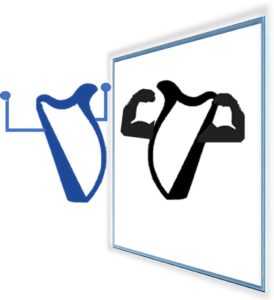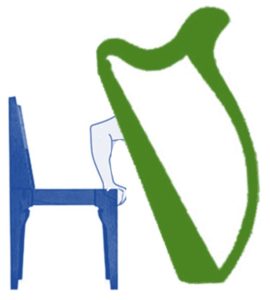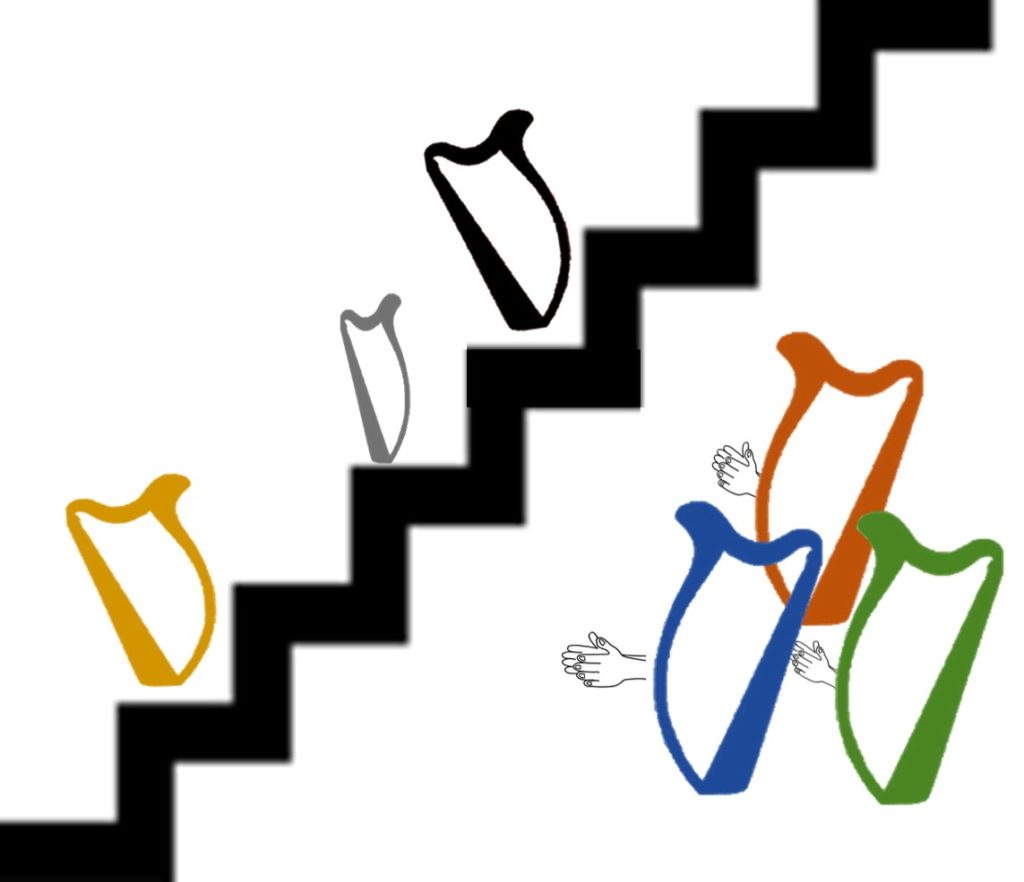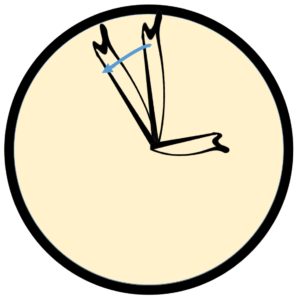When you decide to compete you will need to prepare! While you might think, “Oh, I’ll just throw on a kilt and sit down to play”, you’ll feel so much more poised if you spend some time getting ready ahead of time.
Of the three areas in which to focus to maximize your time – Music, Body and Mind, this week – it’s your body*
While competing isn’t running a marathon, being physically prepared certainly helps!

Work on your bench stamina – if you can’t sit on your bench comfortably for longer than it will take to play your competition set, you may need to improve your stamina. You won’t be sitting on the stage for very long (although it might feel like it) but the time you have spent on the bench practicing will help you get settled and comfortable more quickly which may help you be more comfortable as you start to play.
Practice all the movements – we spend a lot of time practicing our technique like closing our fingers appropriately and sitting up strait by also practice breathing while playing, relaxing between notes, gesturing (but not wildly – please, you’re not Liberace!), sitting without slouching, walking on stage without schlumping, and smiling! All of these things will come more easily if you practice them – just like the music itself!
Variety – try to practice in different locales to become used to changes in lighting, temperature, furniture layout, and sound qualities. This will help you be more focused and comfortable when you make ready to play your comp set. Practicing in your stage clothing will also allow you to get used to it (or change it before it makes you crazy!). Definitely practice sitting down in a kilt!
General stamina – no matter how you cut it, competition day is long! It is also a total disruption of your regular routine. Add that disruption to the excitement of competing and you will be better able to enjoy the day if you are in better physical condition. You don’t need an arduous workout – just get some exercise each day. If not for your heart, then for your art!
Practice enough to feel confident in your skin and you’ll have moved yourself more of the way there! Next time – preparing your Mind to compete.
* I’m not a physician or a fitness expert, these statements have not been evaluated by the Food and Drug Administration and this product is not intended to diagnose, treat, cure, or prevent any disease, malady, disorder, problem, difficulty, trouble, woe or ill. Quit whining and go back to practicing!
 This is where that journal comes in handy – it’s a good time to review your notes to see if you are getting where you wanted to go. If not, can you see what you need to work on? Do you need to:
This is where that journal comes in handy – it’s a good time to review your notes to see if you are getting where you wanted to go. If not, can you see what you need to work on? Do you need to:







